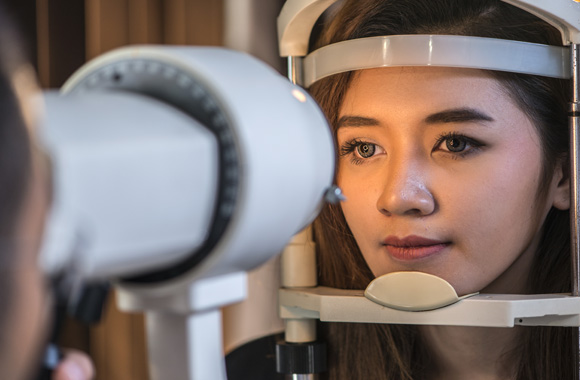Determining if a person has migraines typically involves evaluating their symptoms and medical history. Migraine is a neurological condition characterized by recurrent headaches that can be moderate to severe in intensity. Here are some common signs and symptoms associated with migraines:
- Headache: Migraines often present as pulsating or throbbing headaches that usually affect one side of the head. However, the pain can also be on both sides or switch sides during an attack. The headaches typically last between 4 and 72 hours.
2. Sensory disturbances: Migraines can be accompanied by sensory symptoms such as visual disturbances (aura), including flashing lights, blind spots, or zigzag lines. Some people may also experience tingling or numbness in the face or limbs.
3. Sensitivity to light, sound, or smells: Many individuals with migraines are sensitive to bright lights, loud noises, or strong odors during an attack. These stimuli can worsen the headache pain.
4. Nausea and vomiting: Migraines often cause gastrointestinal symptoms like nausea, vomiting, or stomach upset. Some individuals may experience a loss of appetite or increased thirst.
5. Aura: Not all migraines are accompanied by aura, but for those who do experience it, it usually occurs before the onset of the headache. Aura symptoms can include visual disturbances, sensory changes, language difficulties, or motor weakness.
6. Triggers: Migraines can be triggered by various factors, including certain foods (such as aged cheeses, chocolate, or caffeine), hormonal changes, stress, lack of sleep, environmental factors, and specific medications.
If you suspect that you or someone you know may have migraines, it is essential to consult a healthcare professional, such as a primary care physician or a neurologist. They will evaluate the symptoms, conduct a thorough medical history, and may order additional tests or imaging studies to rule out other potential causes. Migraines can be managed with lifestyle modifications, preventive medications, and acute treatments to alleviate symptoms. A healthcare professional will be able to provide an accurate diagnosis and develop an appropriate treatment plan based on the individual’s specific needs.
For more information visit https://www.google.com/maps/dir/19.2179763,72.8999445/doctor+amit+paleja/
Contact 098216 69822
Email info@dramitpaleja.com

